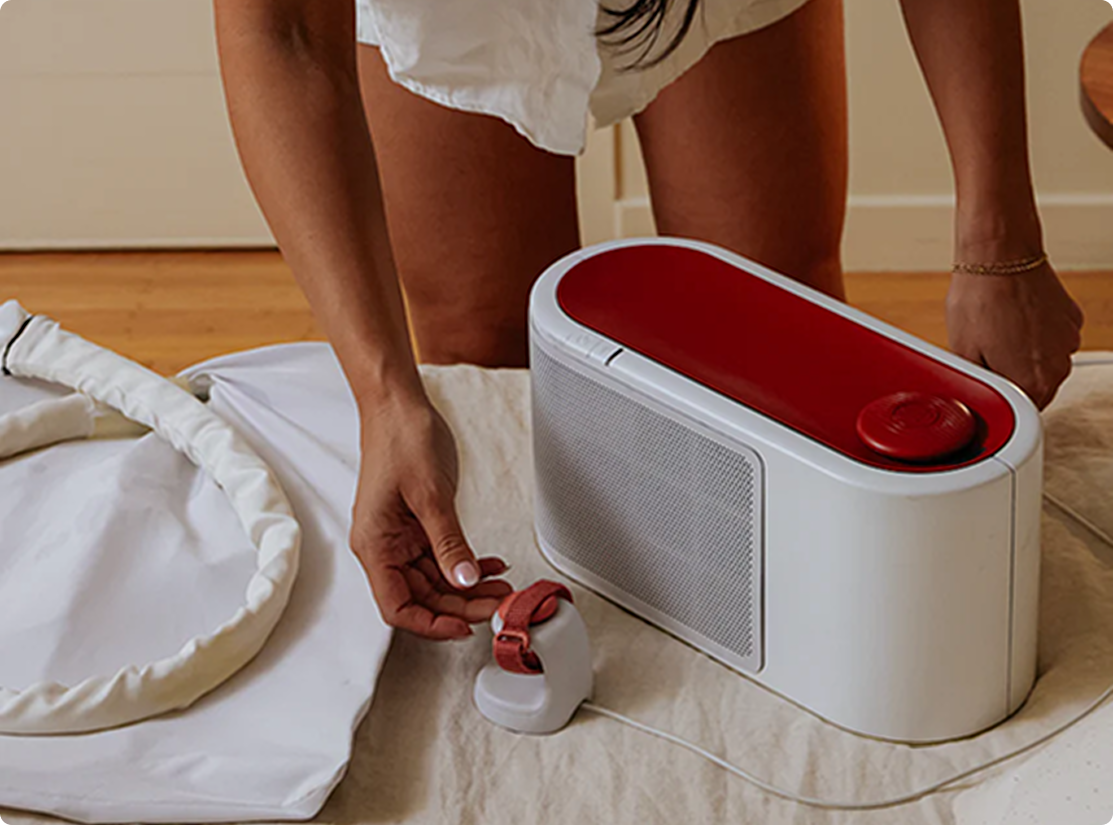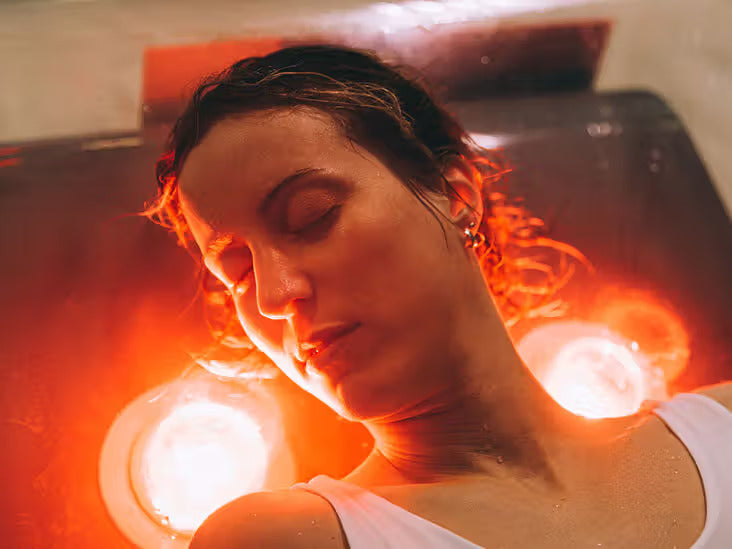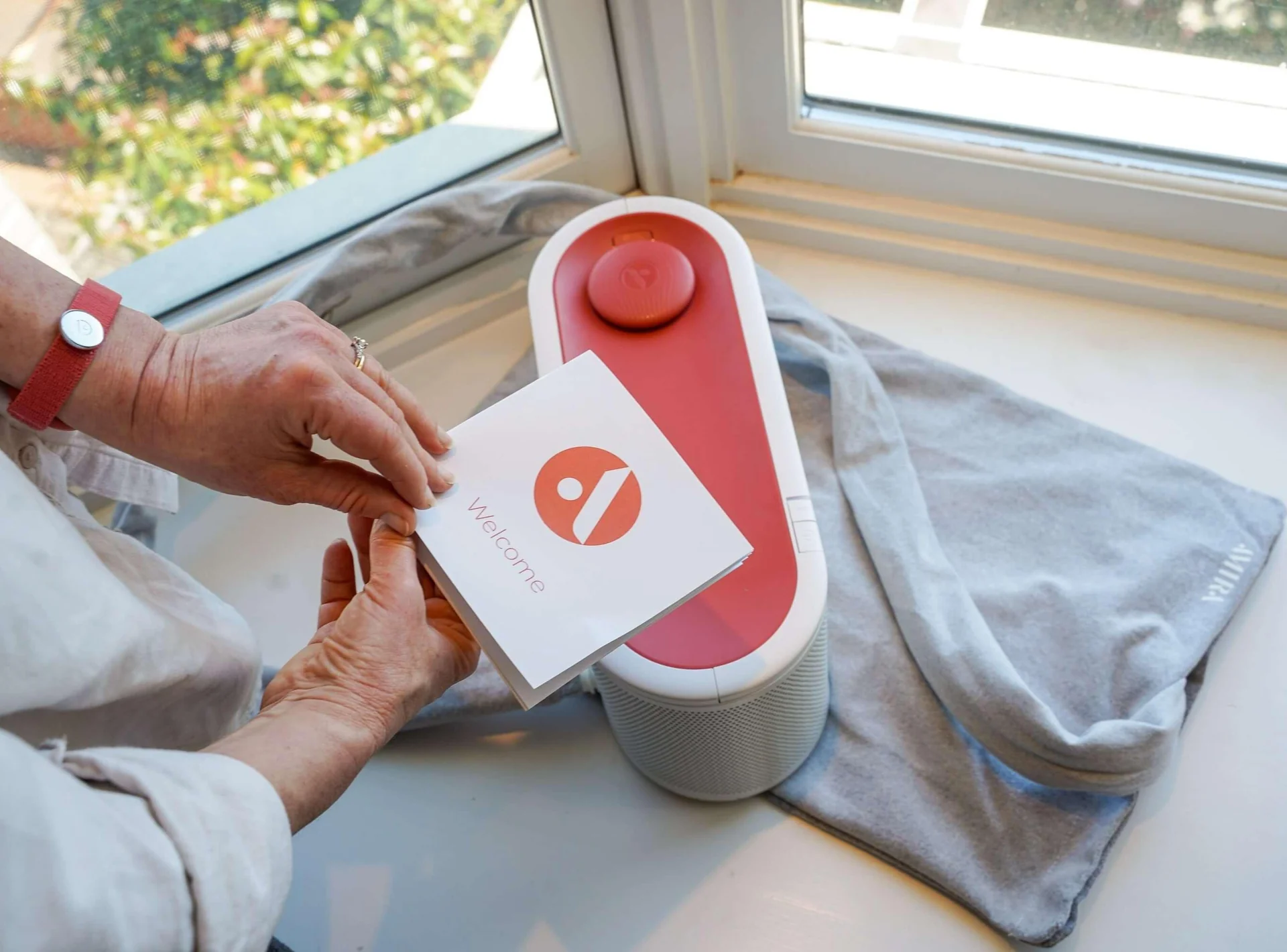
Hot Flashes After Menopause
- Written by: Corentin Hugot
Hot Flashes After Menopause: Understanding and Managing the Heatwaves
Hot flashes are a common post-menopausal symptom, and they can feel like an unwelcome guest that arrives without warning. Whether you're enjoying a quiet evening at home or are in the middle of an important meeting, hot flashes can strike, leaving you flushed, sweaty, and wondering why your body is acting like it's in the middle of a desert. Let's delve into why hot flashes occur after menopause and explore ways to stay cool, calm, and collected.
What Are Hot Flashes?
A hot flash is a sudden feeling of intense warmth, usually most noticeable in the face, neck, and chest. Your skin might redden, you might start sweating, and then feel a chill as your body cools down. While they are most commonly associated with menopause, hot flashes can continue to affect women even after their menstrual cycles have ended.
Causes of Hot Flashes After Menopause
The primary cause of hot flashes after menopause is the decline in estrogen levels. As the body adjusts to lower hormone levels, it can affect the hypothalamus, the part of your brain that regulates body temperature. This disruption can lead to the sudden heat surges known as hot flashes.
Other factors that can contribute include:
-
Stress: Increased stress levels can trigger hot flashes.
-
Diet: Spicy foods, caffeine, and alcohol can exacerbate symptoms.
-
Medications: Some medications can trigger hot flashes as a side effect.
Identifying Hot Flashes
Recognizing a hot flash is straightforward. Symptoms include:
-
Sudden warmth in the upper body
-
Flushed or red skin
-
Sweating, often followed by chills
-
Rapid heartbeat
These episodes can last from a few seconds to several minutes and can occur multiple times a day.
Managing Hot Flashes After Menopause
Managing hot flashes involves a combination of lifestyle changes, home remedies, and, if necessary, medical interventions.
Lifestyle Changes
-
Balanced Diet: A diet rich in fruits, vegetables, and whole grains can help regulate your hormones. Avoiding triggers like spicy foods, caffeine, and alcohol can also help.
-
Regular Exercise: Staying active helps maintain hormonal balance and reduce stress. Aim for at least 30 minutes of moderate exercise most days of the week.
-
Stress Management: Techniques like yoga, meditation, and deep-breathing exercises can help manage stress levels and reduce the frequency of hot flashes.
Home Remedies
-
Staying Hydrated: Drinking plenty of water throughout the day helps regulate body temperature.
-
Wearing Breathable Clothing: Opt for light, breathable fabrics like cotton. Layers can help you adjust to sudden temperature changes.
-
Keeping the Room Cool: Use a fan or keep the windows open at night. A cool environment can help you sleep better and reduce night sweats.
Smart Cooling Mattress Pad (Terra)
Amira’s Terra is designed to help you sleep soundly by predicting and preventing nighttime hot flashes. This innovative wearable bracelet monitors your sleep and detects tiny amounts of moisture in your skin, allowing it to anticipate an upcoming hot flash. When a hot flash is detected, the mattress pad cools down in just 5 seconds, providing immediate relief needed to sleep through the night. Terra’s smart cooling system is effective whether your hot flashes stem from menopause, stress, or other hormonal imbalances. Learn more about Terra here.
Medical Interventions
-
Over-the-Counter Medications: Non-prescription treatments like ibuprofen can help manage discomfort.
-
Prescription Treatments: If hot flashes are severe, your doctor might recommend hormone therapy or other medications to help regulate your symptoms.
-
Consulting a Healthcare Provider: If your hot flashes are persistent or particularly bothersome, it’s important to talk to a healthcare provider. They can help identify the cause and recommend appropriate treatments.
When to See a Doctor
While hot flashes can be a normal part of post-menopausal life, there are times when you should seek professional help. If you experience severe or persistent hot flashes, or if they come with other symptoms like significant pain or irregular periods, it’s time to see a doctor. A professional diagnosis and treatment are crucial for managing symptoms and ensuring there isn’t an underlying condition that needs addressing.
Personal Stories
Real-life stories can provide comfort and practical tips. Meet Jen, who swears by her Terra cooling pad from Amira – it’s like having a mini air conditioner that knows what you need at every moment. Then there's Sarah, who found that switching to a plant-based diet significantly reduced her hot flashes. And don’t forget about Lisa, who discovered that a nightly yoga routine kept her hot flashes in check and helped her sleep like a baby.
Conclusion
Hot flashes after menopause might seem like an unavoidable part of aging, but with the right strategies, you can manage them effectively. Remember, it’s all about balance – in your diet, lifestyle, and stress levels. And when in doubt, don’t hesitate to reach out to a healthcare provider. Stay hydrated, keep your environment cool, and explore solutions like Amira’s Terra to turn down the heat on these hot flashes together.
For more information on managing menopause symptoms, check out our other blog articles.

Sleep Cool, Wake Refreshed
Terra’s smart cooling system stops hot flashes before they wake you.
Predicts & cools in seconds
No noise, no interruptions
Wake up refreshed





